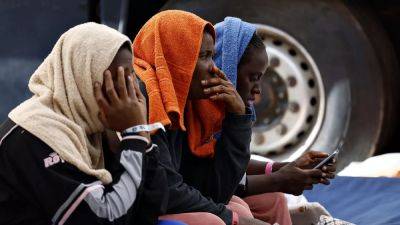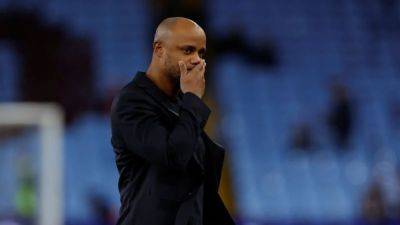The case of Lassana Diarra v FIFA
PARIS: Former France player Lassana Diarra's case against soccer's world governing body FIFA will be ruled on by the Court of Justice of the European Union (CJEU) on Friday.
Here is what it at stake:
The Diarra v FIFA case features on a list of CJEU decisions, which are usually made public in Luxembourg from 0730-0830 GMT (0930-1030 local time).
FIFA’s Regulations on the Status and Transfer of Players (RSTP) says a player who terminates a contract before its term "without just cause" is liable to pay compensation to the club, and where the player joins a new club they will be joint and severally liable for payment of compensation.
In 2014, Frenchman Lassana Diarra left Lokomotiv Moscow one year into a four-year deal and the club took the matter to FIFA's Dispute Resolution Chamber (DRC), arguing he had breached the rules when his contract was terminated after the player decided to leave without just cause following a pay cut.
Diarra received an offer to join Belgian club Charleroi, who backed out after FIFA refused to sign the International Transfer Certificate (ITC), preventing the player being registered with the Belgian federation.
In 2015, FIFA ordered Diarra to pay €10 million (US$11.05 million) in damages to Lokomotiv, prompting the former Chelsea, Arsenal and Real Madrid player to sue the world governing body and Belgian FA before a local court.
Eventually, the Belgian justice system sought guidance from the CJEU, asking if FIFA's rules were in line with articles 45 (freedom of movement of workers) and 101 (prohibition of cartels) of the Treaty on the Functioning of the European Union (TFEU).
The CJEU will say whether it is unlawful for FIFA to rule that if a player breaches their contract, which is then terminated by








